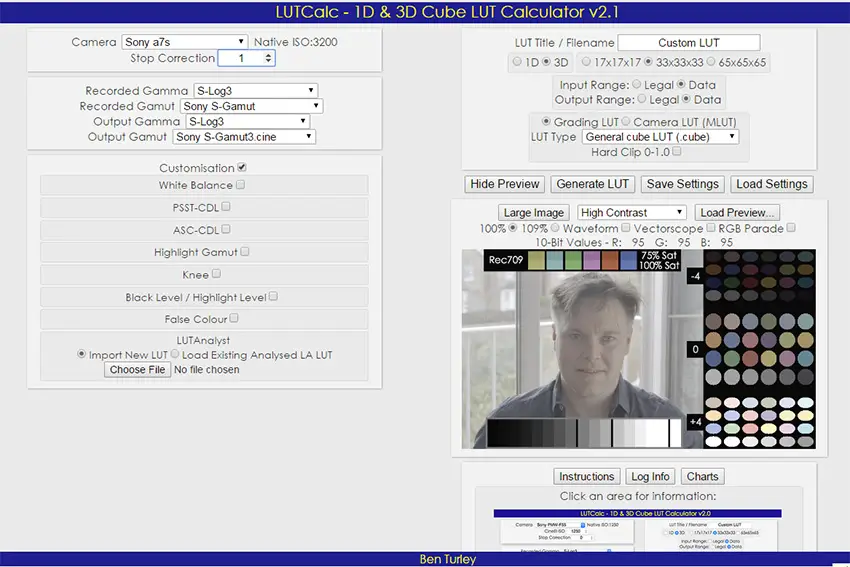


This sense of launch, meaning “to a set (a boat or ship) in the water,” is recorded in the Alliterative Morte Arthure, a remarkable poem about that legendary leader of knights, King Arthur, dated to around 1400. When did we start saying we launched such things as boats? That sense of launch is so far first evidenced, as it happens, during the heydey of knights launching lances. But in the early 1300s, lance was effectively a synonym for launch, also meaning “to throw or hurl.” Today, that verb is mainly used for actions of piercing and making incisions-much finer and more careful cuts, thankfully, than resulted from a knight’s lance. Now, the Late Latin verb lanceāre also yields (through French) the English verb lance. Back then, launch meant “to rush, spring (into motion), send forth, hurl (a weapon).” Launch comes from French, which in turn comes from Late Latin lanceāre, “to wield a lance.” This verb, lanceāre, is based on the Latin noun lancea, “lance, spear.” The Latin lancea may ultimately come from an ancient Celtic word.Īs you’ve probably guessed, the Latin lancea is the ultimate source of the English lance, originally “a long wooden shaft with a pointed metal head, used as a weapon by knights and cavalry soldiers in charging.” Slightly older than the verb launch, lance entered English around 1250–1300. We launch rocket ships into outer space-something those old knights, trotting around on horseback and wielding their lances, could hardly have ever imagined. Rocket ships and medieval knights wouldn’t seem like they have a lot in common.


 0 kommentar(er)
0 kommentar(er)
